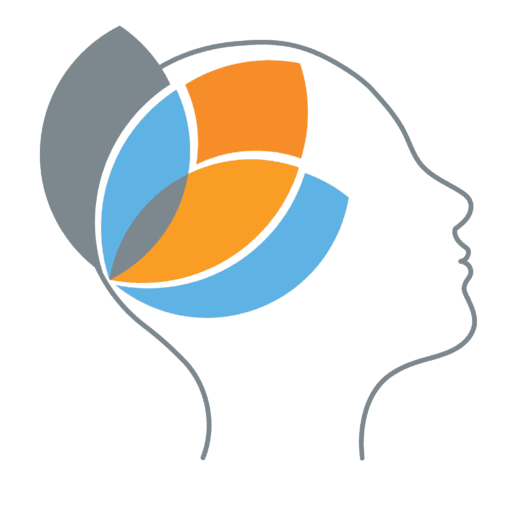Why a new treatment to overcome depression?
A new option for
Treatment of depression in Houston
Mental illnesses affect many individuals worldwide. In the United States alone, according to the National Alliance on Mental Illness, approximately one adult in 5 experiences a mental illness each year. This represents 43.8 million people, or approximately 18% of the population in the United States. In Guatemala, it is estimated that approximately 27.8% of the population suffer from some type of mental disorder, with depression, anxiety and post-traumatic stress disorder being the most prevalent.
Many patients with symptoms of depression and anxiety do not respond to regular pharmacological and psychotherapeutic therapies, and in Guatemala this is no exception. Psychiatric treatments have varied throughout history and with the advent of new techniques and procedures it is important to also seek better alternatives in some cases for recovery and a better prognostic value for patients seeking psychological help in Guatemala.
In recent years, the idea of seeking focused treatments directed directly to regions of the brain that cause a specific stimulus to improve symptoms of depression has been gaining more relevance. Largely because according to current statistics, there are studies such as STAR-D (sequential alternatives to alleviate depression) which identified that up to 70% of patients who take antidepressants do not have a satisfactory response in many of the cases. Combination with psychotherapy can play a very important role and improve prognostic value, however this is not always the case as antidepressant drugs need to be taken for a long time and can potentially cause a range of unwanted side effects, which is why which abandonment of treatment is relatively frequent in many cases. Once the process of taking the drug has finished, it is sometimes necessary to prolong its use for more than a year, and even with a Persistent Depressive Disorder it is necessary to take the antidepressant indefinitely, making the process of weaning from the drugs themselves generate a problem more chronically.
As a new psychological help option in Guatemala, the depression clinic has an innovative team through a technique known as Repetitive Transcranial Magnetic Stimulation (rTMS), which consists of providing electromagnetic pulses in different areas of the brain, thus generating a antidepressant response, which in many cases is more robust than standard pharmacological treatment, without the complications and side effects associated with said therapy. Being a psychiatrist in Guatemala, I consider it important to assess these new approaches since they represent a non-invasive, safe, effective and fast alternative in the treatment of depression and anxiety.
The idea of working and incorporating new approaches is part of our commitment to provide an option that integrates aspects such as psychotherapy, psychoeducational plan, and family accompaniment, providing a new alternative for depression in Guatemala that generates safety and tranquility in patients.

